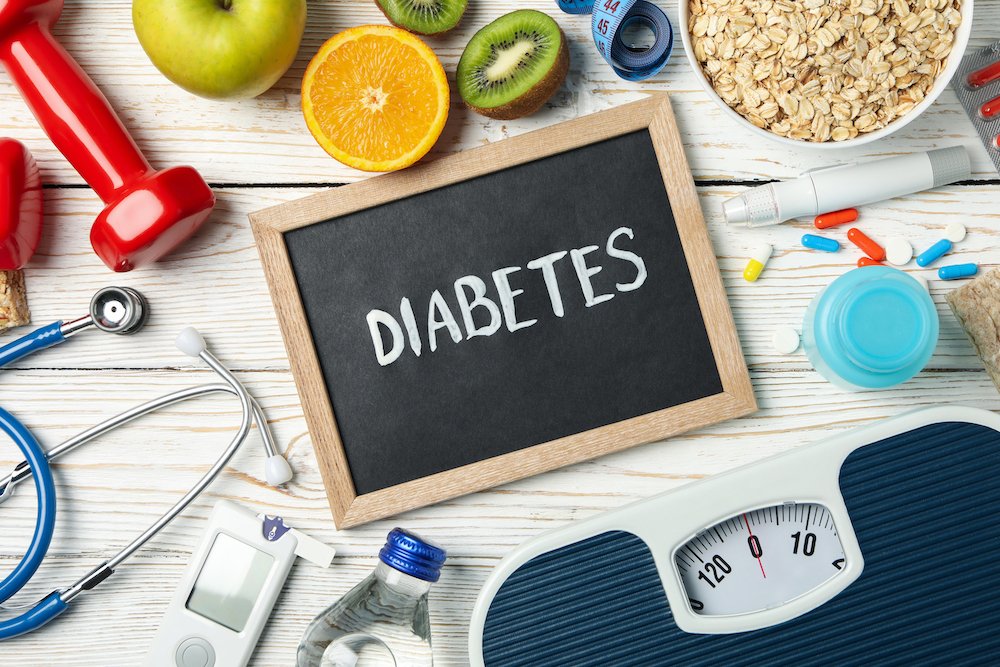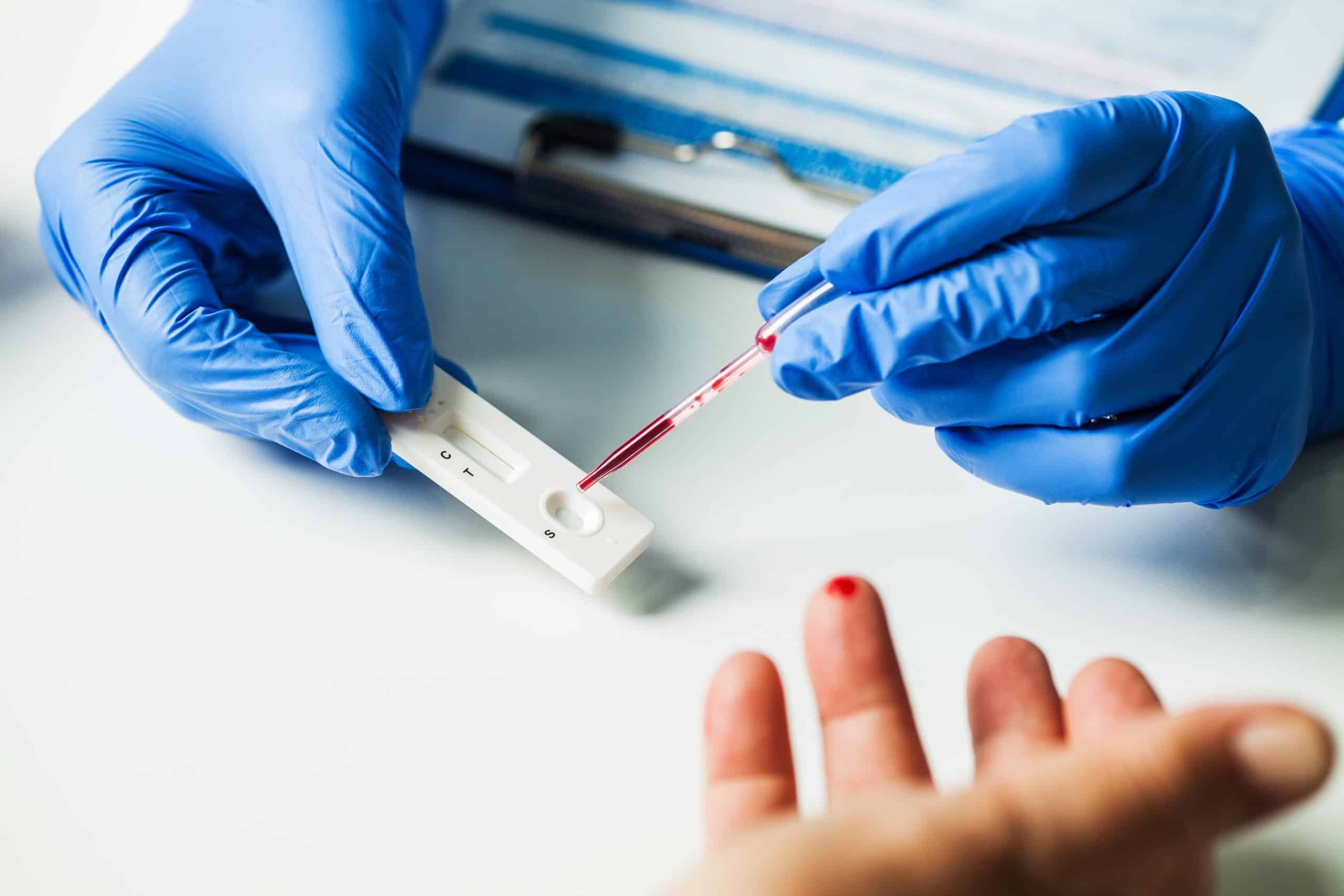Diabetes mellitus is a chronic, non-communicable disease that occurs when the pancreas can no longer produce insulin (or does not produce insulin at all), or when the body can no longer use insulin properly. Insulin is a hormone produced by the pancreas, which acts as a key that allows glucose from ingested food to move from the bloodstream into the body’s cells to produce energy. In the blood, all the carbohydrates in food are converted into glucose. Insulin helps glucose enter the cells.
Diabetes types
There are two types of diabetes:
- Type 1 diabetes (formerly known as insulin-dependent, juvenile or childhood-onset) is characterized by absolute insulin deficiency and requires daily insulin administration. Although type 1 diabetes is predominantly diagnosed in childhood, it can occur at any age. Type 1 diabetes is NOT preventable because it is caused by an autoimmune process in which the patient’s immune system attacks pancreatic beta cells, the cells that produce the insulin needed.
- Type 2 diabetes (formerly known as non-insulin-dependent or adult-onset) accounts for at least 90% of all cases of diabetes. Unlike type 1 diabetes, which cannot be prevented, type 2 diabetes, according to several studies, can be prevented or delayed. It is characterized by insulin resistance and relative insulin deficiency, present together or separately at the time of diabetes detection. The diagnosis of type 2 diabetes can be made at any age. Type 2 diabetes can remain undiagnosed for many years, and the diagnosis is often made when a complication occurs or following routine blood or urine glucose testing. It is frequently, but not always, associated with increased body weight or obesity, which in themselves can lead to insulin resistance and increased blood glucose levels.
Myths about diabetes
- Diabetes mellitus is caused by high sugar consumption.
Type 2 diabetes is a genetically determined condition. Increased sugar consumption can trigger the disease or aggravate high blood sugar levels.
- Artificial sweeteners are safe and healthy.
Artificial sweeteners have been extensively studied. Numerous studies confirm that artificial sweeteners are safe in limited amounts. By replacing sugar, they can help control weight and diabetes.
- Type 2 diabetes is milder than type 1 diabetes.
In terms of being able to achieve better glycemic control, type 1 diabetes is more difficult to control, especially in children and young people. Also, the risk of acute complications such as diabetic ketoacidosis is higher in type 1 diabetes. However, in the long term, high blood glucose levels can lead to cardiovascular and nerve complications in both types of diabetes.
- Type 2 diabetes only affects overweight people.
Obesity, especially when the fat mass is predominantly located in the abdomen, is the main predisposing factor for type 2 diabetes, and almost 80% of diabetic patients are overweight or obese.
- People with diabetes need to follow a special diet.
The diet of a person with diabetes should be balanced, but with a focus on foods with sugar content, consuming these categories of foods in moderation, avoiding as much as possible foods with added sugar and those highly concentrated in sugars.
- People with diabetes go blind and risk losing their lower limbs.
Damage to blood vessels is one of the long-term consequences of high blood sugar levels. They lead to the narrowing of the blood vessels, and if those in the eye are affected, blindness can result. When the arteries in the legs are affected, wounds or necrosis can occur and can be complicated, in some cases even requiring amputation.
- Diabetes only occurs in older people.
Type 1 diabetes occurs mostly in children and young people, and type 2 more often in the elderly and adults. However, in recent years, due to the increase in childhood obesity, there are also cases of type 2 diabetes in this age group.
- Driving a car is contraindicated for people with diabetes.
As long as the person with diabetes is well balanced in terms of glycaemic control and is properly trained in the management of the disease, they are not contraindicated to drive.
- People with diabetes are more prone to colds and infections.
Yes. Hyperglycemia can affect the body’s immune system. People with diabetes, especially poorly controlled diabetes, may be more severely affected by infections such as influenza and pneumonia. That is why flu and pneumococcal vaccination is recommended for people with diabetes.
- Diabetes is contagious.
No. Diabetes is a chronic non-communicable disease.


